


Caring for seniors with dementia is a major challenge for family members. Living with dementia can confuse, frustrate, and isolate. It can be very lonely for those affected by the disease.
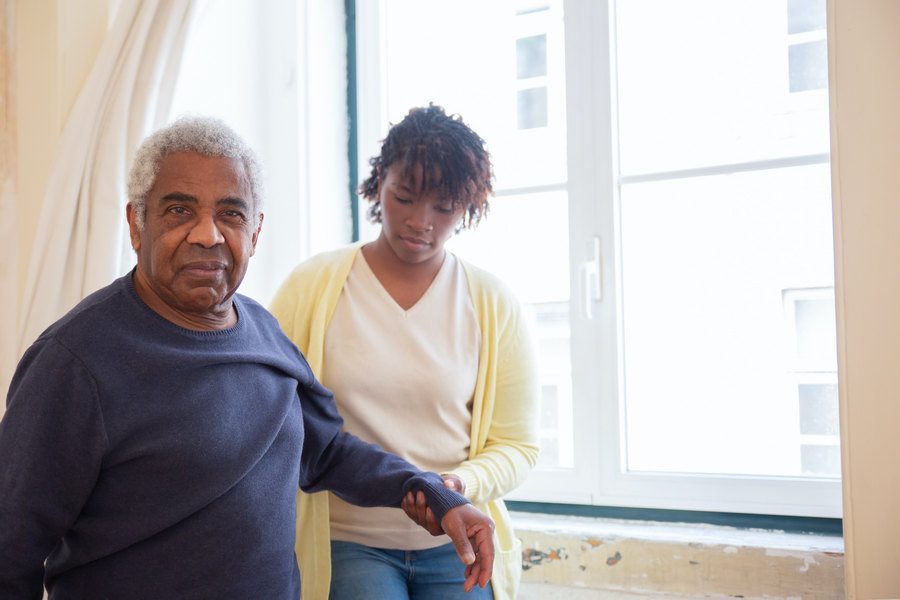
Caregivers need to understand the impact of living with dementia on their loved one’s life. Dementia is a chronic disease that causes memory loss and changes in behavior, emotions, and thinking abilities.
A caregiver’s job is never-ending. They cannot just sit back and watch their loved one deal with dementia in silence. Your senior loved one also needs to take care of other things that are sometimes forgotten, such as housekeeping and laundry.
Even more difficult is that most caregivers must also work to earn an income while helping a senior family member with daily chores and meals.
Let’s look at how family caregivers cope with caring for seniors with dementia at home and how they can adopt strategies to care for their loved ones.
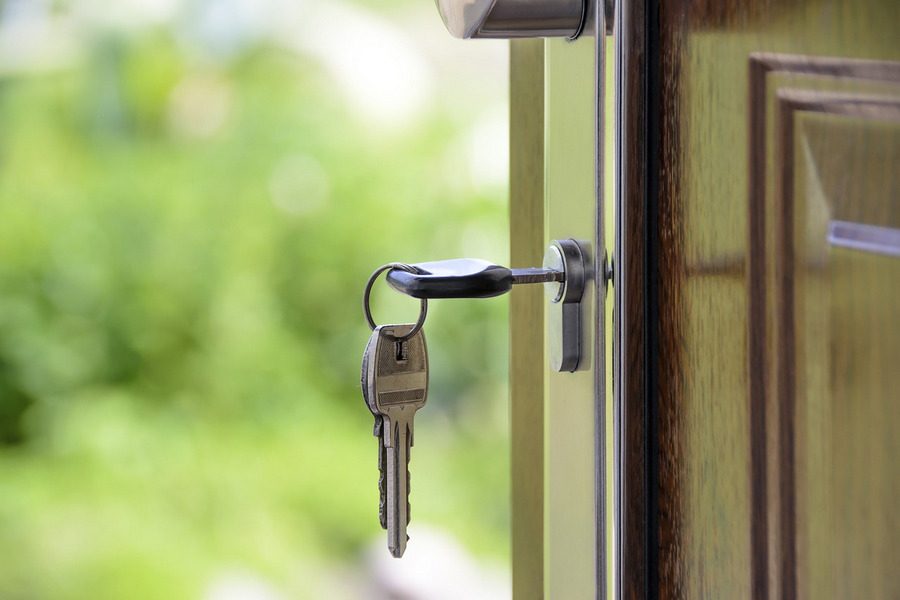
Creating a safe and comfortable environment for seniors with dementia is the most important thing you can do to help them. It’s also the most challenging. Here are some ideas to keep them safe:
Use Alarms – Set up alarms that will alert you if someone leaves their room and wanders off in the middle of the night.
Install Locks – You can also install locks on doors so no one can enter or exit rooms without your permission.
Remove Sharp Objects – Make sure there are no sharp objects that could be used as weapons or to hurt themselves or you.
Hide Medicine – Keep medications in a locked cabinet where your senior loved one cannot access them.
The best form of caring for seniors with dementia at home is the kind that has a customized plan. After all, the most important thing is providing seniors with dementia a place to feel safe and comfortable.
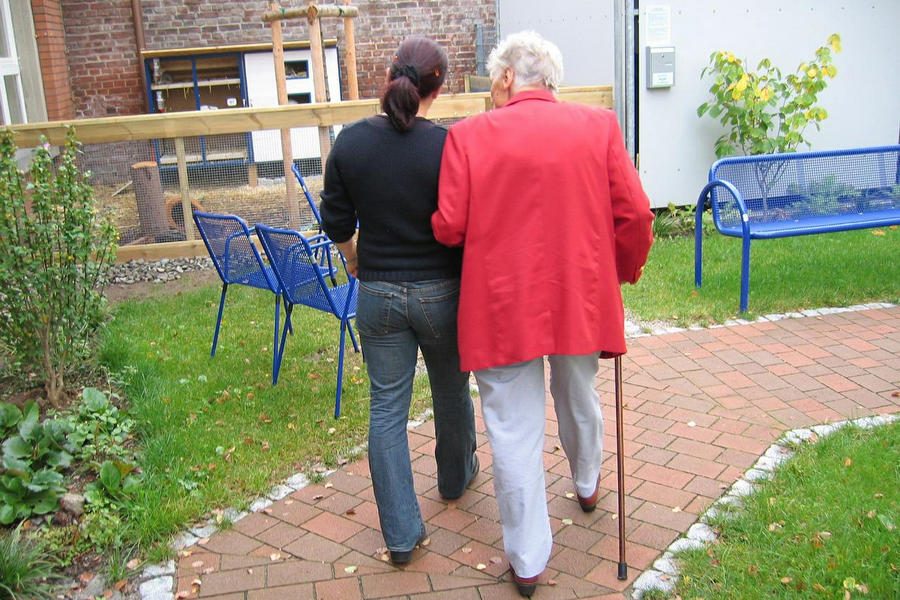
When you care for a person with dementia, keep the following tips in mind:
Be Proactive – Your role as a caregiver is not just about sitting by their side 24/7 but also about planning for their safety at home and helping them stay engaged and involved in their own lives.
Create a Plan – A senior’s day with dementia can be unpredictable. A well-thought-out plan will help you know what to expect and how to respond. The plan should include who will provide care during the day, when will you serve meals, how you administer medications, and whether any special needs must be met on a particular day.
Always Include Social Activities – Encourage social activities and take part in them yourself. Regular social interactions help maintain mental health and can improve memory functions. Talking about memories from the past is also beneficial for memory function.
Consider Medication Management – Medication management is an important part of any caregiving strategy because it helps prevent side effects from unwanted medications and also reduces confusion caused by lack of memory recall. Your doctor can help determine which medications need adjusting or doses based on your family member’s condition.
Stay Physical Active – Physical activity benefits everyone. Still, it is especially important for seniors. Find an exercise program that will work and get your senior loved one to exercise regularly.
Reduce Stress – Stress can exacerbate cognitive impairment in older adults, so try yoga or meditation or get them to take up stress-reducing hobbies like gardening or painting.
Eat Balanced Meals – Make sure your loved one eats well-balanced meals that include fruits, vegetables, whole grains, and lean protein. Proteins are important for maintaining a healthy balance of amino acids. We need these amino acids to help reduce memory loss associated with Alzheimer’s disease.
Get Help – If you are caring for a person with dementia who needs help bathing or dressing, consider hiring an aide or caregiver. A professional might also offer advice on ways to improve the quality of life of your loved one.
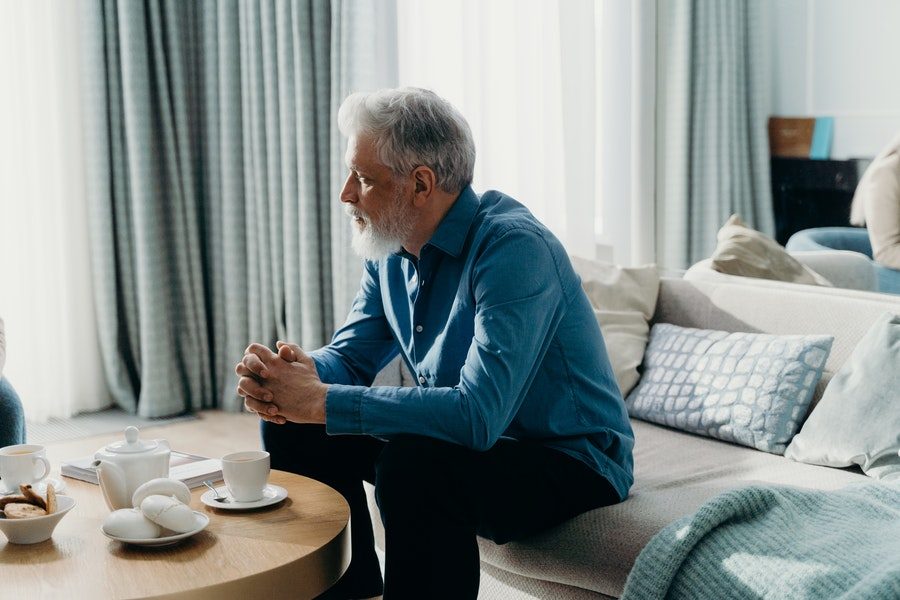
Dementia affects a person’s ability to think and reason. As dementia progresses, seniors lose memories of current events. They lose recognition of family and friends who may seem unfamiliar to them. It is common for memories of events that happened long ago to be very present in their mind.
As a relative, you can use these memories and incorporate them into your daily life with your elderly loved one. Browse through old photo albums together or listen to old songs. This often creates closer contact again.
Sometimes, your loved one may behave aggressively when they cannot identify what is happening.
For example, they might wonder why there is such an older person in the bathroom mirror, because they might feel young at that moment. This can frighten people with dementia. Then it might make sense to take down the mirror if it continues to disturb them.

Seniors with dementia often experience difficulties remembering and expressing what they want, so memory care can be a very important part of their care.
Family members of a senior with dementia may struggle with challenging behavior and loss of independence. Without proper care, a senior with dementia may become agitated, physically unsafe, or even forget their identity.
By providing comfort and support, memory care homes can provide a source of stability in the life of your loved one. They can offer personal and group socialization and specialized care services.
Memory care facilities are designed with family members in mind by providing 24-hour care. Many have exercise classes, private rooms, and more. They also offer special diets tailored to the resident’s medical history or dietary needs.
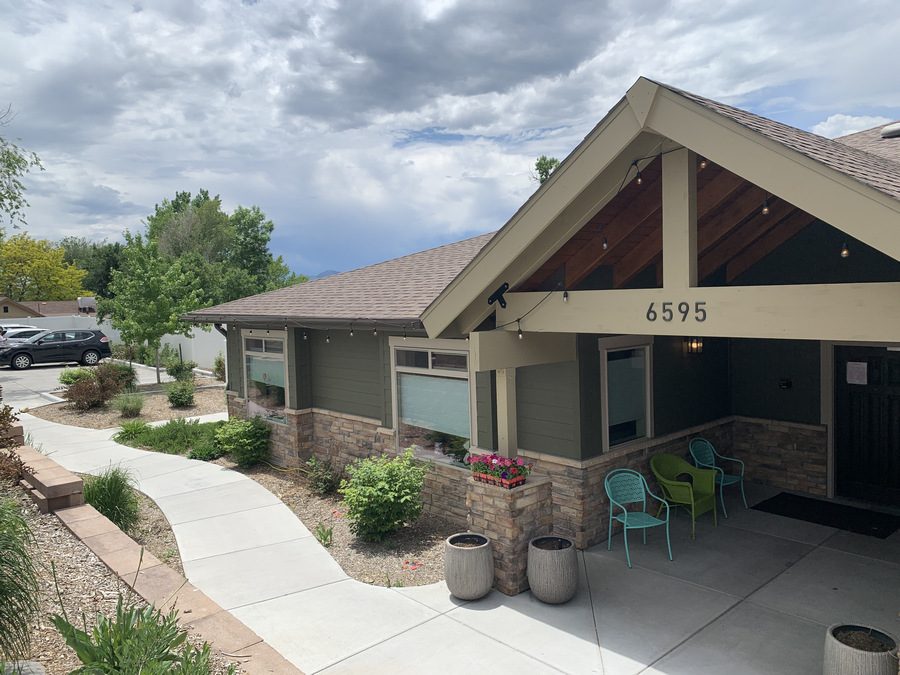
We understand that life changes are part of aging and that each person has their own special needs for memory care. Family members may be stressed and worried about getting the right help for their loved ones with dementia.
If you choose to place your loved one in a memory care facility, then we are happy to help.
At Applewood Our House, residents will find a comfortable and loving home. It’s a place where they will experience care and compassion from people who understand what it’s like to go through these challenges. Finally, it’s a place where relationships are fostered between residents and staff members.
We encourage you to contact us today if you have questions about our services.